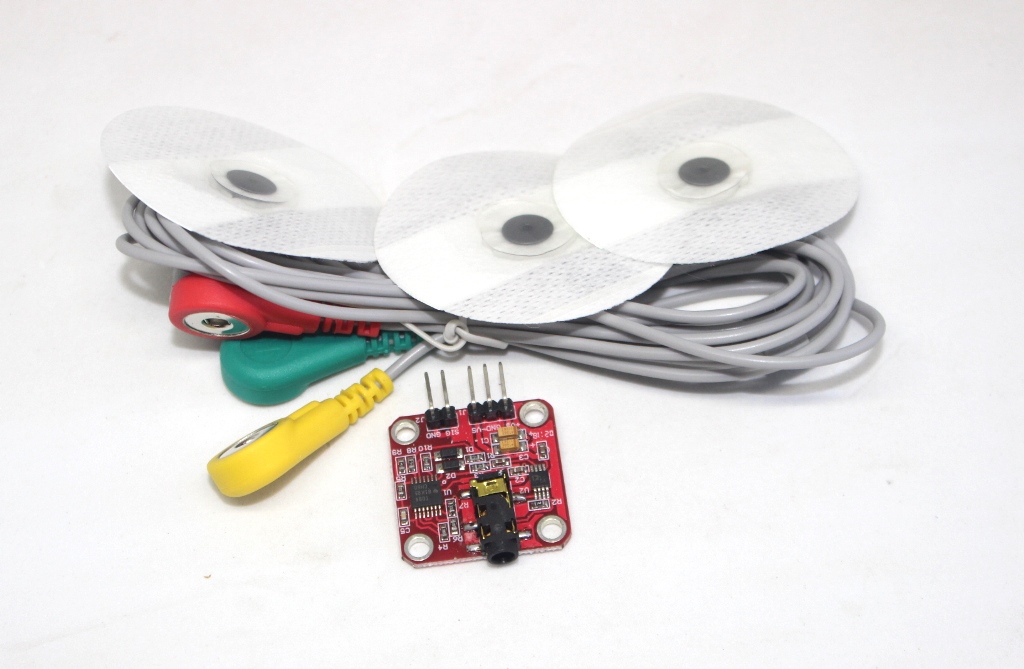bioelectric EMG muscle electrical signal sensor
This content will be shared across all product pages.
The Bioelectric EMG (Electromyography) Muscle Electrical Signal Sensor is a device designed to measure and record the electrical activity produced by skeletal muscles. This sensor is used in various applications, including medical diagnostics, rehabilitation, sports science, and research. It provides real-time data on muscle activation, which can be used to analyze muscle function, detect neuromuscular disorders, and optimize athletic performance.
Key Features:
- High sensitivity to detect muscle electrical signals
- Non-invasive sensor design for easy application
- Compatible with microcontrollers and data acquisition systems
- Provides real-time muscle activity data
- Suitable for both static and dynamic muscle activity monitoring
- Lightweight and compact for easy integration into various applications
- Low power consumption for extended use
- Sensor Type: EMG (Electromyography) sensor
- Input Voltage: 3.3V to 5V DC
- Output Signal: Analog voltage signal proportional to muscle activity
- Frequency Response: 10Hz to 500Hz
- Gain: Adjustable gain settings
- Electrode Type: Surface electrodes
- Medical diagnostics and monitoring
- Physical rehabilitation and therapy
- Sports science and athletic training
- Human-computer interaction (HCI)
- Robotics and prosthetics control
- Research in neuromuscular functions
- Biofeedback applications
Technical Specifications:
- Logic Family: CMOS
- Number of Channels: 3
- Switch Configuration: Single-Pole Double-Throw (SPDT)
- Supply Voltage Range: 3V to 15V
- “ON” Resistance (R_ON): 125Ω typical at V_DD = 10V
- “OFF” Leakage Current (I_OFF): ±100pA typical at V_DD = 10V
- Control Input Voltage (V_IH): 0.7 V_DD min, 0.3 V_DD max
- Maximum Operating Frequency: 40 MHz at V_DD = 10V
Applications:
- Signal routing and switching
- Analog and digital multiplexing
- Audio and video signal processing
- Data acquisition systems
- Test equipment


